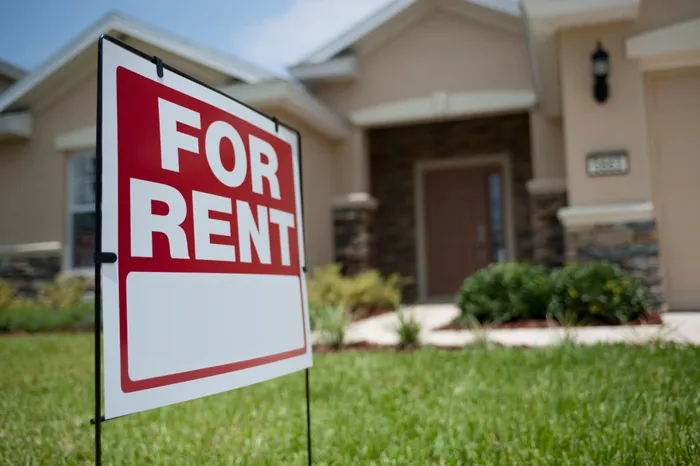One bad tenant can cost you thousands — here’s how to avoid that risk

A single bad tenant can cost thousands in unpaid rent, legal fees, and property damage. That’s why thorough credit checks are more crucial than ever before.
Image: Freepik
Landlords who fail to properly vet potential tenants risk handing over valuable assets to people who may default or damage property — and relying on a prospective tenant’s word alone is increasingly risky.
“Spending a small amount upfront on these checks can help avoid costly mistakes down the line,” said Michael-Anne Abrahams, bond originator and property finance consultant at MyProperty. She noted that due diligence — such as reviewing credit reports, financial documentation and references — was crucial.
With rental prices increasing rapidly, landlords faced an added challenge in ensuring that tenants could both afford the property and be trusted not to damage it.
“Renting out a property is a financial commitment, and just like banks assess borrowers before issuing loans, landlords need to assess tenants before handing over the keys,” said Abrahams.
MyProperty said rental fraud remained a concern, particularly in larger cities where demand was high. Credit bureau checks helped verify key details such as identity numbers, contact information, employment history and previous addresses.
With rents climbing sharply in 2025, landlords could no longer afford to make leasing decisions based solely on gut feel or references, MyProperty Homeloans pointed out. The PayProp Rental Index showed that average rentals in the first quarter reached R9 132, marking a 5.6% year-on-year increase. Despite this growth, 17% of tenants were still in arrears — although that figure was down on the prior quarter.
PayProp reported that “average rents rose by 5.2%, 6.0% and 5.5% year on year in January, February and March respectively. February’s growth is a new post pandemic record, and the highest recorded since August 2017," the index said.
The report also highlighted a 2.8% gap between rental growth and inflation in February and March, the widest in the current rental growth cycle.
“A single bad tenant can cost thousands in unpaid rent, legal fees and property damage. That’s why thorough credit checks are more crucial than ever before,” said Abrahams.
Abrahams explained that using a credit bureau was just one of several tools available. “It’s not just about historic debt or repayments. A credit report can show a landlord how a potential tenant is currently handling repayment as well,” she said.
“In some cases, we’ve seen applicants falsify references or employment. A credit check gives you an independent way to confirm who you’re dealing with. That’s peace of mind, especially for private landlords who may not have access to other verification tools," said Abrahams.
Credit bureaus drew information from a national database of credit accounts — including store cards, phone contracts, and loans — updated monthly by registered credit providers. This provided a consistent basis for assessing South Africa’s more than 24 million active credit users.
“Even if a tenant has no rental history, a credit bureau report will still tell you how they manage debt, whether they’re up to date with payments, and if there’s any cause for concern,” said Abrahams.
Landlords and rental agents also frequently used platforms like Tenant Profile Network (TPN), which provided tenant rental histories. However, Abrahams pointed out that TPN data only existed if the tenant had previously rented through an agency or a landlord who reported to the system. “Otherwise it will not return any data because the system has no record of the tenant,” she said.
She recommended using both credit bureau and TPN data — with the tenant’s consent — to form a comprehensive view of the applicant’s financial reliability.
“If the potential tenant has no profile at all, the landlord will need to rely on other available tools and conduct a thorough financial assessment,” said Abrahams.
That included carefully reviewing three to six months of bank statements, verifying declared income and expenses, confirming employment and salary directly with the employer, and ideally speaking with previous landlords to conduct reference checks. “These steps help create a fuller picture in the absence of formal credit data,” she said.
IOL Business